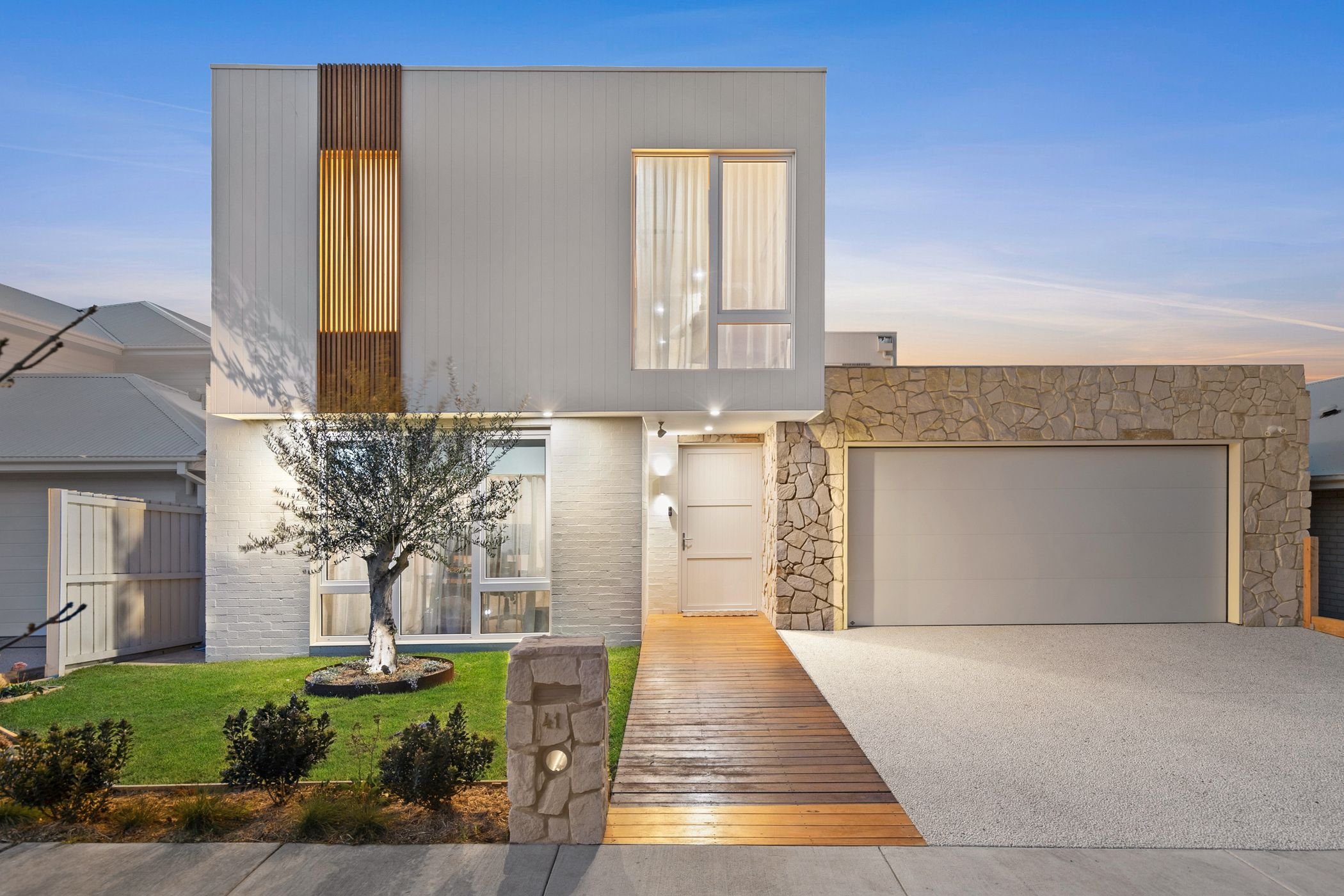Understanding the Core Principles of Energy-Efficient Design
Thinking about building your dream home? Start with how it feels, not just how it looks.
Most people focus on finishes, colour palettes, and open-plan layouts when they imagine their future home. And while those things are important, there’s something even more powerful happening behind the walls, energy-efficient design.
At Zelena Homes, we believe real comfort starts with how a home performs. That means less reliance on heating and cooling, more consistent temperatures, and fresh, healthy air every single day.
Let’s walk through three of the key principles that make that possible.
Cold Spots, High Bills, and Homes That Don’t Breathe
Maybe you've lived in a home that felt icy in winter, even with the heater running. Or perhaps your air-con struggles to cool certain rooms in summer. These issues are usually the result of poor design, not poor appliances.
Homes that lack airtightness, proper insulation, or smart solar orientation often suffer from:
Uneven temperatures
High energy bills
Condensation and mould
Stale, uncomfortable air
Smart, Intentional Design From the Ground Up
1. Passive Solar Design – Let Nature Do the Work
Passive solar design is one of the easiest ways to dramatically reduce your energy use. It starts with how your home is positioned on the block.
At Zelena Homes, we:
Face living areas to the north to capture the winter sun
Use thermal mass (like polished concrete floors) to store that warmth
Design eaves or shading to block harsh summer sun
Place windows carefully for airflow and daylight
This natural regulation of temperature keeps your home comfortable without relying on constant mechanical heating or cooling.
2. Airtight Construction – Locking in Comfort
Airtight homes are sealed carefully to prevent draughts and uncontrolled air leakage. This doesn’t mean your home can’t breathe, it means you get to control how it does.
We combine airtight wraps (like Pro Clima systems) with HRV (Heat Recovery Ventilation) to:
Eliminate cold spots and draughts
Keep out outdoor pollutants and allergens
Maintain a steady indoor temperature
Reduce your heating and cooling needs
And yes, it’s whisper quiet inside. No outside noise sneaking in.
3. Continuous Insulation – Wrapping Your Home in Warmth
Traditional insulation is often interrupted by studs and structural elements, leaving gaps where heat escapes.
With continuous insulation, we wrap the entire home in an uninterrupted thermal layer. The benefits?
Fewer thermal bridges (cold spots)
Better temperature control
Lower energy bills
Improved building longevity
Every wall junction, roofline, and corner is thoughtfully protected.
How This All Comes Together
One of our recent builds used all three principles, passive solar design, airtightness, and continuous insulation. The result? A home that needs hardly any artificial heating, even in the middle of winter.
The owner told us, “We barely touched the heater, and the kids stopped waking up sneezing. It just feels easy to live here.”
What’s the difference between insulation and airtightness?
Insulation slows heat transfer, keeping warmth in during winter and out in summer. Airtightness, on the other hand, stops unwanted air movement, like draughts or heat sneaking out through gaps. You need both working together for true energy efficiency.
Why These Principles Matter
Together, these design choices do more than improve comfort. They help you:
Save money on your energy bills
Reduce your environmental impact
Create a healthy indoor space for your family
Future-proof your home for decades to come
They’re not “extras”, they’re essentials for modern, high-performance living.
Let’s Design Your Energy-Efficient Sanctuary
If you’re excited about building a home that’s healthier, smarter, and more cost-effective to run, we’d love to help.
📞 Reach out to Jessica and the team at Zelena Homes today
Let’s explore what’s possible when comfort, sustainability, and great design come together.

